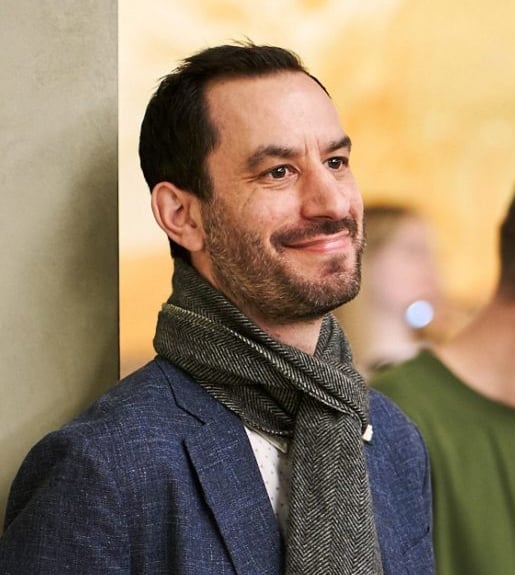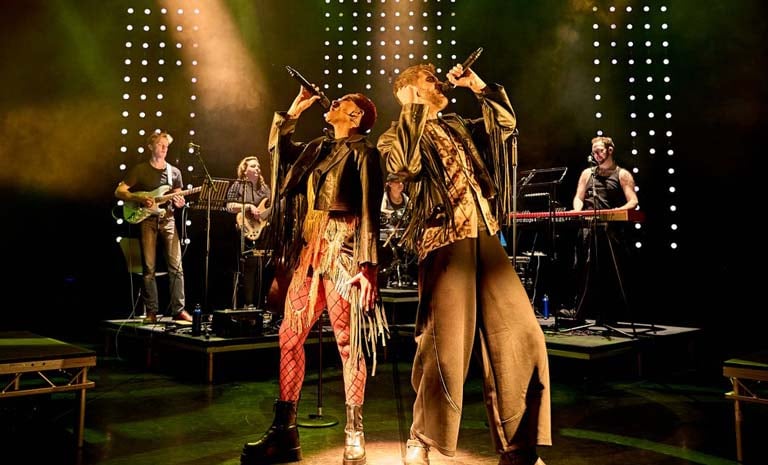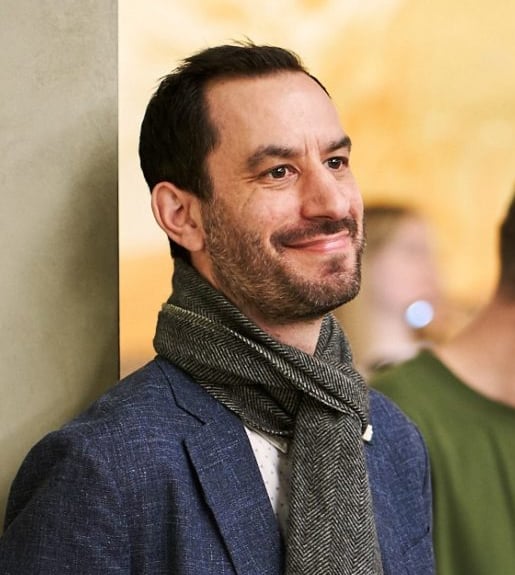Arts and Culture
Innovator Series
Orchestras
DEAI
Article
Insights & Innovation
83aa8745-6f0a-4d62-94fe-e76bf12a7779
17 min
https://edge.sitecorecloud.io/tessituraneab9a-tessiturane5642-staging-5396/media/Images/Discover-Images/Insights-and-Inspiration/Reinventing-the-orchestra-768x465px.jpg?h=775&iar=0&w=1280
Paraorchestra breaks down barriers to create transformational change
Reinventing the orchestra

Chief Executive, Paraorchestra
Reinventing the orchestra
3/20/2025
17 min
Despite 24% of the United Kingdom’s population living with a disability, only 1% of the country’s musicians identify as disabled.
This disproportionate representation inspired Charles Hazlewood to start the world’s first professional ensemble that proactively includes disabled musicians.
Established in 2011, Paraorchestra is a collective of performers with and without disabilities. With over 40 professional musicians who identify as D/deaf, neurodivergent and disabled, the organisation provides a creative safe space — no matter one’s background. Values are rooted in empathy and a person-centred approach. The orchestra gives all its members the freedom to be their authentic selves.
“Our job is to add new stories to the mix, to build in representation of disabled musicians and co-creators, and present art in a way that makes it truly relevant to new audiences,” said Jonathan Harper, Paraorchestra’s chief executive.
This work sets the company apart from traditional orchestras. What’s more, Paraorchestra constantly devises and develops new ways to engage audiences. Their innovative, immersive programs include the in-the-round Virtuous Circle, interactive sound installation Anatomy of the Orchestra and expansive outdoor show Smoosh. By shaking up tradition and exploding boundaries, the ensemble’s shows attract a much younger, more diverse audience than standard orchestral performances.
“I know that we have reached a pivotal moment. And if we stay the course, we can deliver transformational change for the current and next generation of disabled musicians.”
Now they’ve challenged the rest of the industry to catch up. “Change can't come from box ticking,” Jonathan asserted. “It needs all of us to use our position, power and privilege — whatever our role — to create space for those capable of way more than the opportunities they are given.” He also urged institutions to do away with “historical ways of working” and approach the future with a fresh, progressive lens.
“I know that we have reached a pivotal moment. And if we stay the course, we can deliver transformational change for the current and next generation of disabled musicians.”
• • •
Jonathan Harper presented this talk live as part of Tessitura’s Innovator Series at the Tessitura Learning & Community Conference in Sydney in November 2024.
Topics
Arts & Culture
/Innovator Series
/Orchestras
/DEAI

Hedgehogs and hospitality
Arts & Culture / Innovator Series / Community Engagement / Business Strategy
A case study in values-driven strategy at Irish Arts Center

The invisible jazz hand
Arts & Culture / Innovator Series
Birmingham Hippodrome makes an economic case for musical theatre

How Pittsburgh’s cultural district is revitalizing downtown … again
Arts & Culture / Innovator Series / Community Engagement
Pittsburgh Cultural Trust plays a role in catalyzing economic recovery
